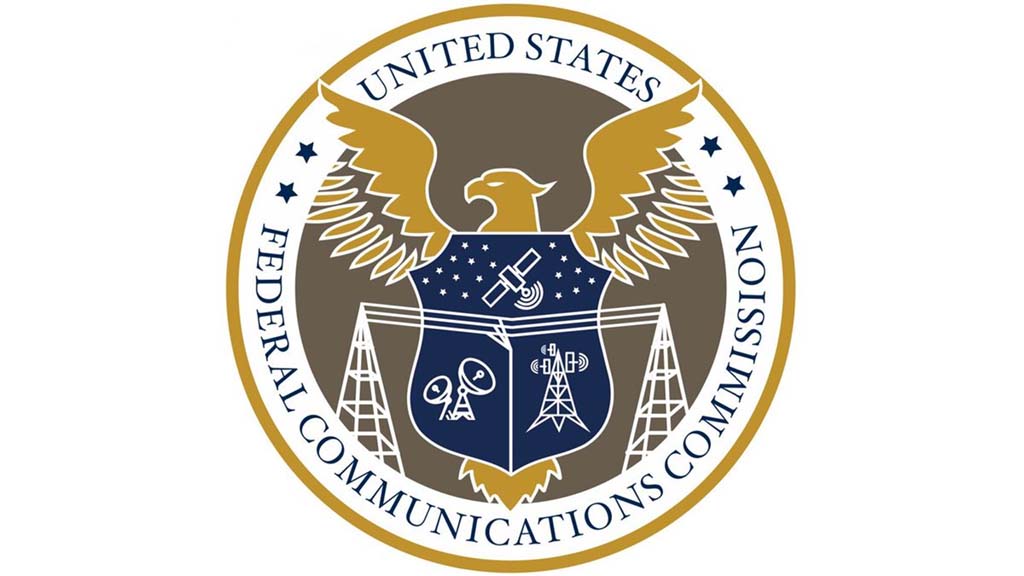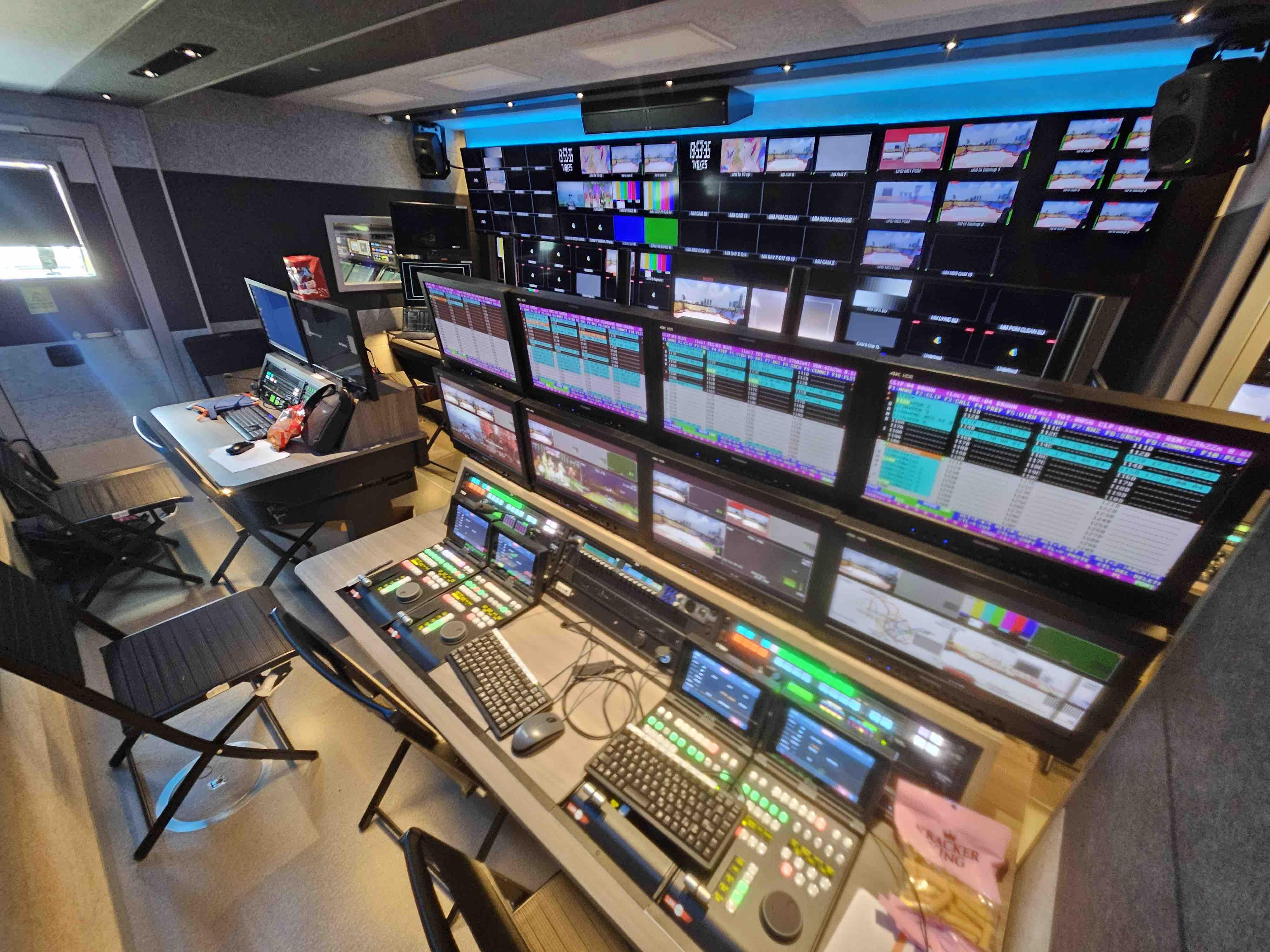NAB Reiterates Opposition to FCC Blackout Reporting Plan
In meetings with FCC staff, industry group again panned a proposal requiring MVPDs to notify agency when retrans disputes prompt station drops

The National Association of Broadcasters has reiterated its opposition to an FCC proposal to require pay TV providers to notify the regulator when TV stations are blacked out for 24 hours or longer due to retransmission-consent disputes.
In recent meetings with staff for a pair of FCC members—Anna Gomez, a Democrat, and Nathan Simington, a Republican—NAB senior vice president and deputy general counsel legal and regulatory affairs Erin Dozier “reiterated NAB’s opposition to the proposal to require multichannel video programming distributors (MVPDs) to notify the Commission when a broadcast signal is unavailable via an MVPD service for 24 hours or more due to a breakdown in retransmission consent negotiations.”
Dozier made the comments in a letter to the FCC describing an Oct. 9 meeting with Deena Shetler, a staffer for Gomez, and an Oct. 11 meeting with Adam Cassady, a staff member in Simington’s office.
Faced with mounting consumer complaints about the impact of blackouts during retransmission consent negotiations, the FCC has said it needs more information about the problem. To address that, it issued a notice of proposed rulemaking last December (MB Docket No. 23-427, FCC 23-115) requiring MVPDs to report blackouts.
In a Oct. 11 letter describing the meetings, Dozier said she argued “the proposal would exceed the Commission’s very limited statutory authority relating to retransmission consent, would fail to provide meaningful information to consumers, and would likely result in additional disruptions in service.”
“The Commission’s role with respect to retransmission consent is extremely limited, because Congress intended that arms-length negotiations between broadcasters and MVPDs would dictate the prices, terms and conditions of retransmission consent, subject only to a requirement to negotiate in good faith,” Dozier noted. “Given the Commission’s very limited role and its inability to use information on negotiating impasses to require parties to take any additional steps, it is not clear what lawful purpose this information gathering effort can serve, from the Commission’s standpoint.
“From a consumer perspective, the proposed database would be irrelevant, incomplete or both,” she added. “It is highly unlikely that consumers would consult the FCC’s website for information on signal carriage disruptions affecting their MVPD service, because most consumers learn of these disruptions directly from their MVPDs and/or local stations. Consumers engaged in comparison shopping for MVPD service also are unlikely to use an FCC database as a research tool.”
The professional video industry's #1 source for news, trends and product and tech information. Sign up below.
Dozier also complained that the “database also focuses exclusively on disruptions in service, which provides an incomplete picture given that the overwhelming majority of retransmission consent negotiations are concluded without event. NAB noted that the database could be improved by requiring MVPDs to report not only service disruptions, but also successful agreements.”
“At both meetings, we stated that NAB’s primary concern is that the database will result in more frequent disruptions in service,” Dozier wrote. “As NAB explained in our filings in this and other proceedings, MVPDs have long opposed retransmission consent” and “they would use the reporting requirements to seek changes in the way retransmission fees are negotiated. “
"The database will serve as an ‘attractive nuisance’ that MVPDs cannot resist, triggering increased disruptions and harming consumers,” she concluded.
The full letter can be found here.
George Winslow is the senior content producer for TV Tech. He has written about the television, media and technology industries for nearly 30 years for such publications as Broadcasting & Cable, Multichannel News and TV Tech. Over the years, he has edited a number of magazines, including Multichannel News International and World Screen, and moderated panels at such major industry events as NAB and MIP TV. He has published two books and dozens of encyclopedia articles on such subjects as the media, New York City history and economics.

